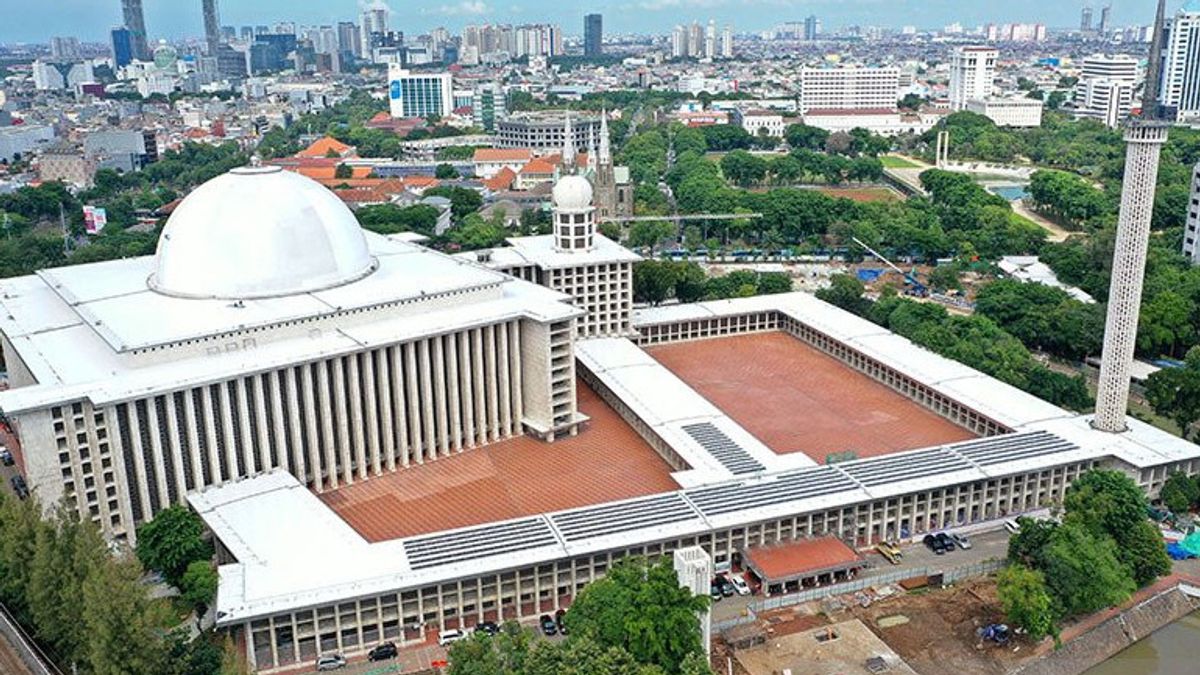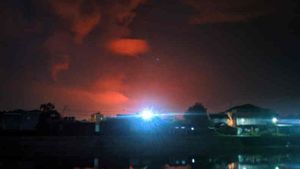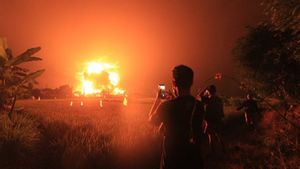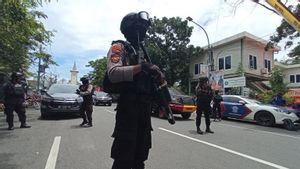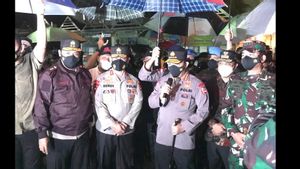JAKARTA - The COVID-19 pandemic has not subsided approaching the month of Ramadan. The central government has not officially conveyed tarawih prayers at mosques even though a number of green zone areas may hold tarawih prayers with strict health protocols.
The Commission VIII of The House of Representatives member in charge of religion, Hidayat Nur Wahid, said that the implementation of tarawih during the COVID-19 pandemic is still awaiting a decision from the Indonesian Ulema Council (MUI).
"Regarding this question, it should be submitted to the MUI fatwa board", Hidayat said when contacted by VOI editorial team, Monday, March 29.
The deputy chairperson of the People's Consultative Assembly (MPR) urged the public to wait for information nationally about the implementation of tarawih prayers. Although there are several areas that have made decisions.
"We should wait for an authoritative institution", explained HNW.
Previously, the Indonesian Ulema Council or MUI allowed 3 shifts of tarawih prayers at the mosque to take turns specifically during the COVID-19 pandemic during the month of Ramadan.
"Yes, three shifts are also allowed, the point is that as long as we start from Isha to Fajr, we can do the tarawih, for those who understand that Tarawih prayers are the same as night prayers", said KH Muhammad Cholil Nafis, Chairman of the Da'wah and Ukhuwah Division of the Indonesian Ulema Council (MUI), Wednesday, March 24.
Cholil said that the shift in tarawih prayers would enliven the mosque in the month of Ramadan. Then there will also be more worship in the holy month.
SEE ALSO:
However, he said, the public must apply health protocols (prokes) to prevent the spread of COVID-19 in mosques.
"This can be realized in crowded places, mosques are limited, and indeed now the capacity is limited to two or three shifts, which is important for them to maintain health protocols", said Cholil.
Meanwhile, for the prayers, according to him, it is adjusted to the existing conditions. If the situation is safe from the virus, a tight row is allowed.
"If we are safe, hopefully, we can form a tight shaf (prayer row), but if it is not safe, we adjust it to follow health protocols", he said.
The English, Chinese, Japanese, Arabic, and French versions are automatically generated by the AI. So there may still be inaccuracies in translating, please always see Indonesian as our main language. (system supported by DigitalSiber.id)
